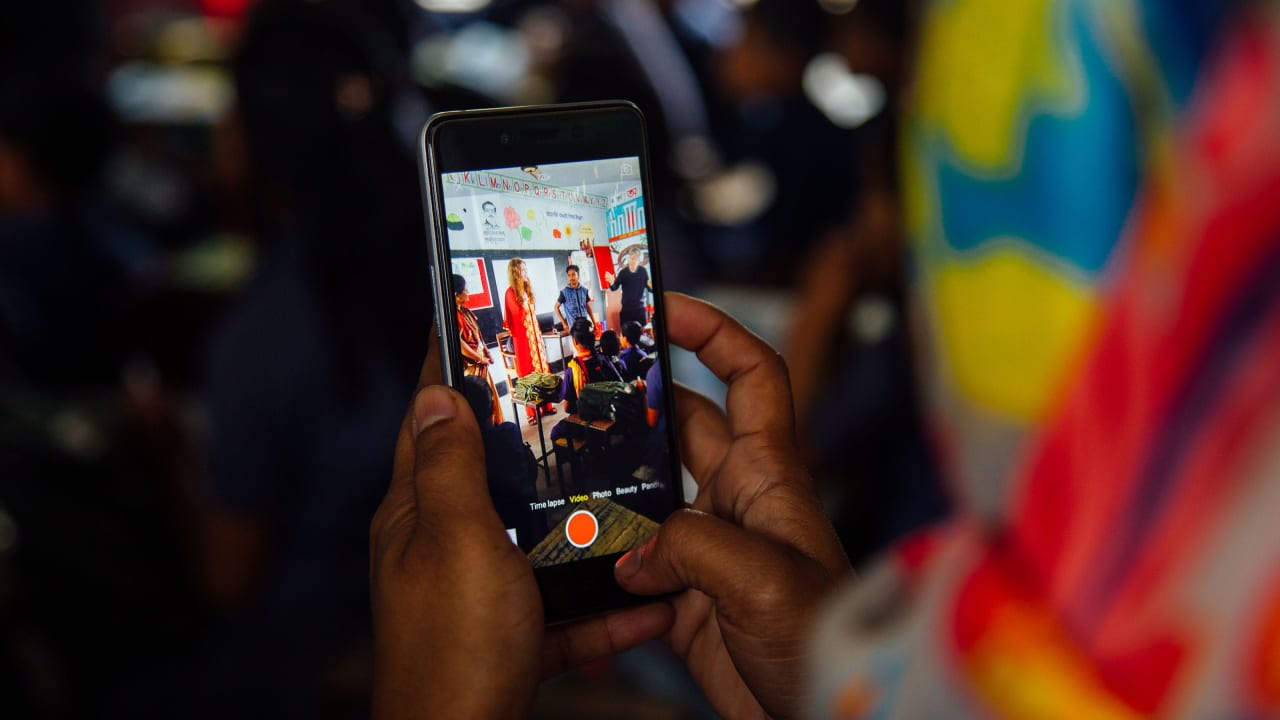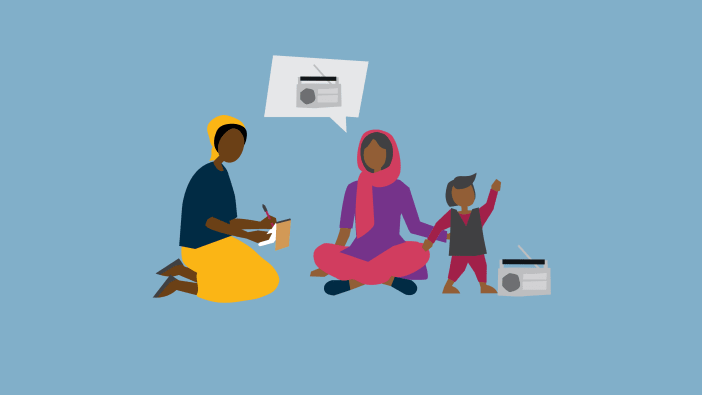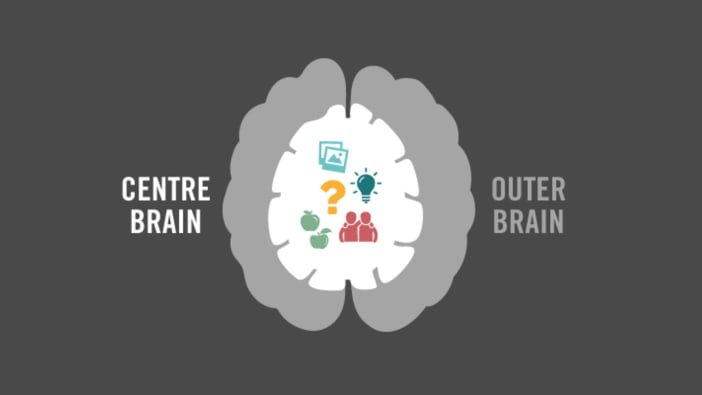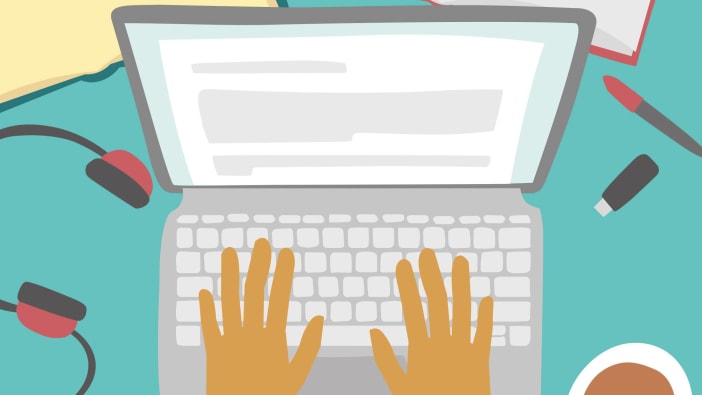But is it possible to have too much of a good thing? Our experience of life suggests that it can be, and this insight also applies to new technologies. Here are a few concerns to look out for to ensure we minimise the downsides and maximise the benefits of this relatively new technology.
Boundaries
The quality of our relationships – with God, with one another and with the world around us – depends on the quality of the attention that we give to these relationships. Having so much information at our fingertips, messages to respond to etc, can reduce our ability to slow down and really listen to each other.Being aware that we are vulnerable to spending too much time on our phones can help us to put boundaries in place – for example turning off our phones at certain times of the day – and to prioritise face-to-face conversations where we can.










